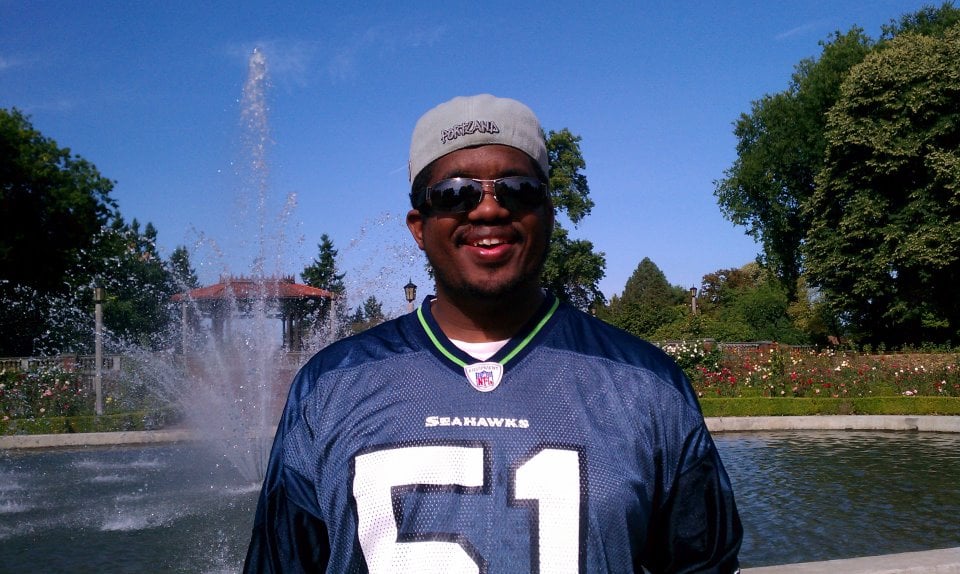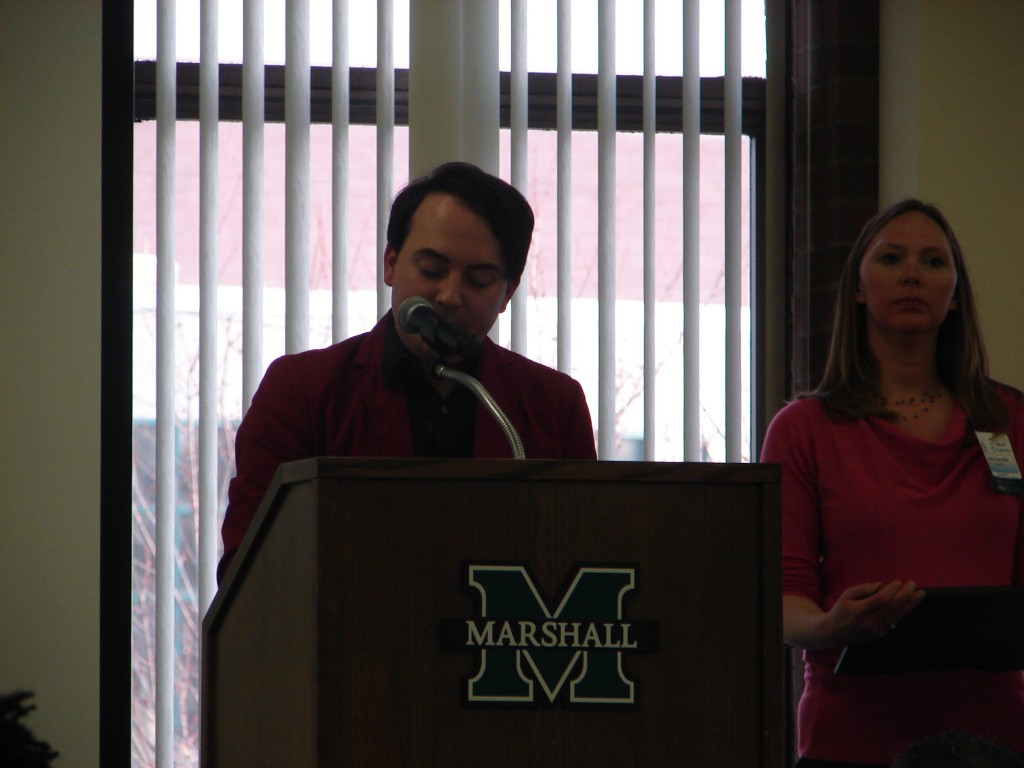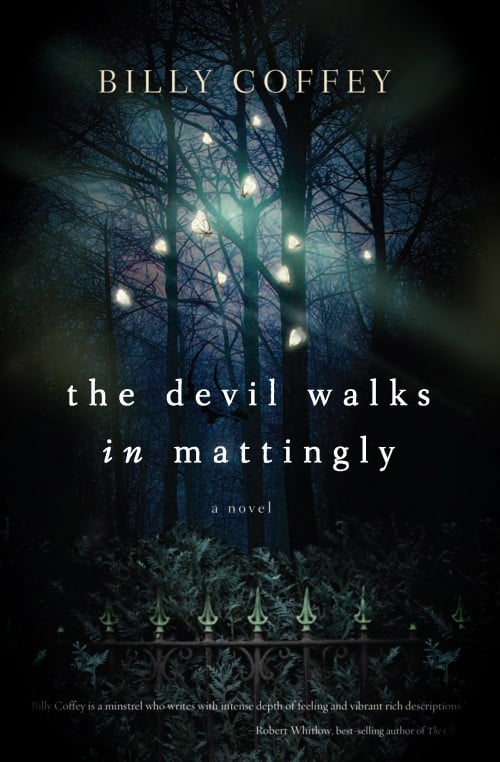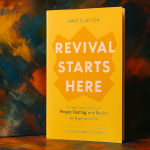Imagine if you will, Tommy Franklin in drag (I’ve seen him wearing Beth’s thigh-high red boots) writing one of his gristle tales with Ron Rash at his side, nudging him and suggesting changes, as the two collaborate on a blockbuster novel.
Quite the vision, isn’t it?
Well, you don’t have to wait for Tommy & Ron to get around to it. Jane Bradley’s YOU BELIEVERS is that book. Haunting. Chilling. A relentless narrative with a Pow! Wow! drumbeat. It will leave you panting in places. (Not in that Tommy Franklin in drag way but you know what I mean.)
I first heard of Jane Bradley when Fred Ramey at Unbridled asked if I would read YOU BELIEVERS. I get asked to read a lot of books. Some I like. Some I don’t. Some I LOVE.
YOU BELIEVERS is one of the most powerful stories I’ve read. The journalist in me holds in high regard anyone who can take a crime story and turn it into a work of art the way Jane Bradley has done.
Based upon the true-life 1998 abduction of Peggy Carr, who was taken in broad daylight at a Wilmington, N.C. shopping mall, YOU BELIEVERS will cause you to reconsider evil and grace in a deeper way, a way that leaves you pondering this thing we call faith. Ultimately, we all have to decide for ourselves — will we be counted among the YOU BELIEVERS?
Join the conversation as author Karen Spears Zacharias talks with author Jane Bradley of Toledo, Ohio about her debut novel YOU BELIEVERS.
###
 KAREN: What made you decide to write this story as fiction vs. non-fiction, given that the story of Katy parallels that of a very real victim, Peggy Carr?
KAREN: What made you decide to write this story as fiction vs. non-fiction, given that the story of Katy parallels that of a very real victim, Peggy Carr?
JANE: First, I wrote it as fiction to protect the privacy of all the real people involved. And even though the true events offer plot points that add up to a story, fiction allows us to create a more meaningful plot, a deeper sense to a plotless and random world. Through fiction I wanted to give far-reaching and even mythic significance to events that open troubling questions about good and evil, making meaning, and finding faith in a random world.
KAREN: Tell us how you came across the story of Peggy Carr.
JANE: Well I’d have to say the story found me.
I was looking to buy a house, and on the way to the first showing and meeting my realtor, I saw an old woman collapsed on a sidewalk in a bad part of town, and in front of a cemetery. It was hot July day, and as I moved closer toward her in the traffic, I saw that she looked lost or abandoned and no one was helping.
So I pulled over, talked with her, saw she was disorientated and dehydrated. I asked if she knew where she lived, and with great certainty she gave me an address. I offered to get her some water and take her home. She was delighted. After much mapping and searching, I found her house was boarded up. Seeing I was a good half hour late for my appointment, I asked if she’d mind going with me to look at a house and then I would work to find where she currently lived.
When I showed up about forty five minutes late to the house, I saw my realtor standing on the porch, arms crossed, and looking quite frustrated with me for keeping her waiting. This was years before I had a cell phone. When I explained that I was late because I’d found an old woman by the side of the road. She looked and saw that tiny woman hunched and waiting in my car, and tears came to her eyes and she said, “My daughter Peggy would have done such a thing.”
My realtor was the mother of the victim who inspired my book. We connected immediately, glanced at the house, and then worked to get the woman taken care of. From then on whenever we met we talked far more about Peggy, her lovely life and her tragic end, than of houses.
I knew there was a great story to tell here but thought it rude to ask if I could write it. As tempted as I was, I would not ask. Then on the night before we closed on the house—I swear to you this is true—I dreamed I was at work in my office and someone rattled the doorknob. When I went to lock the door because I didn’t want to be disturbed, I somehow opened it. Then in stumbled Peggy—I knew well what she looked like—and she leaned against my wall, slid to the floor, looked up and said twice, “You have to tell my story.”
I woke, sat up straight and knew I had to ask permission. After closing on the house and shaking hands outside in the parking lot, I said to the mother, “If you ever want that story told, I’d be honored and I’d do it with all respect.” She looked at me, smiled and said, “That’s what I’ve been hoping you’d do.” She then gave me boxes of materials and I set to work researching and writing. It seems to me that I didn’t have a choice. I had to write this story.
KAREN: What doubts did you have to overcome in order to write YOU BELIEVERS?
JANE: The plot points of the book were simple because the true story was/is such an amazing story. My doubts were could I really pull off making up the characters. I didn’t know the real people involved, just a few things about them, and this is a grisly, very personal story and I wanted to protect the privacy of everyone involved. I had great trouble getting enough distance from the facts of the event so that I could find room to make up and fully understand the characters.
I had a lot of questions about the motivations of everyone, Jesse in particular. I had great trouble living with him in my mind and in my dreams for years. I lost a lot of sleep and I was deeply troubled by his careless casual and, oh so calculating, evil nature. It was very hard to write him, well, all of the characters without making them stereotypes.
I also had a lot of doubts as to whether I could make a larger sense of the real events. Random horror just doesn’t make sense. And I had to invent a world and people are large and complicated enough to absorb awful grisly deeds and still be a, well, wondrous place.
KAREN: Why did you set this story in the South?
JANE: The true event of the car-jacking did happen in Wilmington. Peggy Carr drove that quite haunting bridge over the Cape Fear River to her fate. That was my start. Her family was from Ohio, but I didn’t know them, and even though I’ve lived here since 1990, I’m still deeply connected to the South.
I had just about given up on making the novel work—I wrote two other books because I just couldn’t see how to finish this one. Then when I suddenly lost two family members and had to move south to raise my niece, I had my own spiritual crisis. Many wrenching, sorrowful and terrifying things fell on me over a very short period and I kept thinking of Peggy’s mom, and the searcher for missing persons, Monica Caison.
I started feeling out how they daily lived with sorrow. I remembered talking with them and the memorial services I had attended where prayers rang deep and strong. In the South I think people are more open with their religion and their spiritual values. I saw and was influenced by that every day when I lived down there. And as I wrestled with my own pain and how to hang on to the faith that all this awful beyond my control would be all right. I was hearing more scripture daily, through family and well, it’s just in the air, not the fire and brimstone stuff, but wisdom. People speak it. I knew in a flash that if I moved the story South, made all the characters Southern, I would better understand them.
Then the philosophical and emotional plot, not just the physical plot of the story made sense. The novel would address the struggle to keep a hand on faith, the struggle to believe in this world and some sort of divine plan, when the world is overwhelming us with evil and sorrow. Once I had that, I was on my way to writing the book and not just working with the facts of the true events.
KAREN: The title comes across as a snide comment about people of faith. Did you pick that title?
JANE: Absolutely. When I wrote that bitter line coming out of the mouth of a man who preys on those who want and try to believe in good in this world, I knew immediately that was the title. He manipulates the good in people and thinks he will smartly prevail since he sees the belief in good as a frail kind of superstition. I wanted to prove him wrong.
KAREN: Your writing has muscle to it. By that I mean not a single word is wasted, it’s lean, taut and hitting a focused stride right out of the gate. How’d you do that?
JANE: My first drafts are loose and rambling—I’m simply more comfortable writing like that, like a free association conversation. Then I read the draft, seeking out what’s gold and what’s not. I revise and revise and revise.
I also had an excellent agent who made me cut a hundred pages of what was mostly excessively grisly and dark material. Yes, I had been overwhelmed by so much awful of the true story, and a lot of it needed to come out so that readers wouldn’t be overwhelmed and run away. My editor then tweaked a bit, but not much really. I was quite pleased when he said the writing was quite clean, well-structured, and there wasn’t much to change. I credit the many years working and reworking the story, but much credit goes to my very hands-on agent.
KAREN: One thing that struck me right way was the seeming ease with which you make the most hateful character endearing at times — like when Jesse flirts with Katy — and the most likeable characters frustrating — like Katy forgetting her cell phone. How difficult was it to think up something good to say about Jesse?
JANE: People are very complicated. I’ve grown up with some at times brutal people that I loved. At a young age I learned somehow to embrace the paradox of good people doing awful things and awful people having a streak of profound tenderness. In some ways I think we are all capable of just about anything.
Jesse wasn’t that hard for me. I knew the real person who inspired him had had an abusive early childhood. I know that abused children are often broken to the core and no amount of love can repair that. I didn’t want readers to sympathize with Jesse, but I did want them to see his complexity. Yes, he likes to refer to himself as the devil and at sometimes he seems exactly that. But he’s more than that. He’s a profoundly damaged human being. I’ve seen a lot of that. It’s disturbing sometimes how easily Jesse came to me.
KAREN: You managed to write a story that is transcendent, a bit redemptive even. Is this a reflection of your own personal theology ?
JANE: Yes. I’ve always felt a connection to a bigger spiritual aspect to what I see in this world. That is a gift, a blessing even, that’s kept me all right through some very hard times. The first story I ever wrote—in third grade—was essentially about the redemptive power of love. In short: A bear randomly terrorizes and destroys a forest. Then a bunny moves in and she radiates beauty and peace in such a way that the bear falls in love with her. He changes his ways to win her. So all ends well in that shadowed land. I smile thinking of the story. It won me lots of attention in my class and the whole third grade. I think my career as a writer started right there.
As I look back on just about everything I’ve written, I see I’m almost always writing about the redemptive power of love. There are some people who move through this world, often unintentionally, as spiritual beacons. They remind us of our bigger, better selves, and of a larger world within this one. I have an eye for folks like that. They remind me that the spiritual world isn’t some vague thing out there. It’s within us always. Sometimes we just forget to see and feel it.
KAREN: As a woman of faith, how difficult is it to write in such an unflinching way about evil?
JANE: I think I had to fully be a woman of faith in order to write this story. It would be overwhelming otherwise. I don’t think faith is a flimsy superstition we hang on to, as my character Jesse thinks. When I’ve gone through my darkest times, I’ve lived the fact that faith is a verb. We live it in through our actions, not just hopes and prayers. The novel is an example of how I demonstrate, act on, faith. I wrote the scary thing and got through it, and at the end with a smile on my face.
KAREN: Sometimes it seems like women of faith are expected to stick to writing Amish Vampire romances. Are you ever frustrated by that expectation?
JANE: Yes, and I think it’s because I take my faith and the struggle for it so seriously. So much awful happens casually, as well as in calculated ways, in this world. There’s plenty of mystery and wonder right here in the day-to-day world. I think we do well to pay attention to that.
KAREN: What’s surprised you most about the way readers have responded to YOU BELIEVERS?
JANE: I continue to be surprised by how deeply and personally readers connect to the story. As one reader, my daughter, says, the novel is like a tour through hell and we get to exit through the gift shop. It seems a lot of readers feel that in the book. And that was exactly my intention. I’m amazed that for so many I’ve provided a meaningful dark journey that ends with a bit of light.
KAREN: How did writing this story change you?
JANE: The novel was a profoundly spiritual journey for me. It was extremely difficult to live with so much meanness and sorrow and struggling to survive in my head and heart as I worked through the book. I had to inhabit a very spiritual place to obtain the vision and strength to write the book. My characters taught me a great deal about negotiating this sometimes oh so sorrowful world.
KAREN: What are you working on now?
JANE: I’m mapping out a novel, called The Snow Queen of Atlanta. It draws on the metaphorical implications of the classic Andersen’s fairy tale, “The Snow Queen,” a dark story concerning the seductive power of intoxication when a boy is bewitched by the Snow Queen who takes him to live in her ice palace/prison where he languishes toward his death. After many tribulations his best friend, who has avoided the spell, travels to the castle, and she saves him.
My novel goes down a darker, more realistic road and addresses the intoxicating power of drugs. Two sisters grow up in their mother’s drug house. They are torn between shaping healthy productive lives or following their mother’s path. One daughter heads toward a healthy life; the other goes the dark and dangerous road. The plot tangles up and unfolds from there












